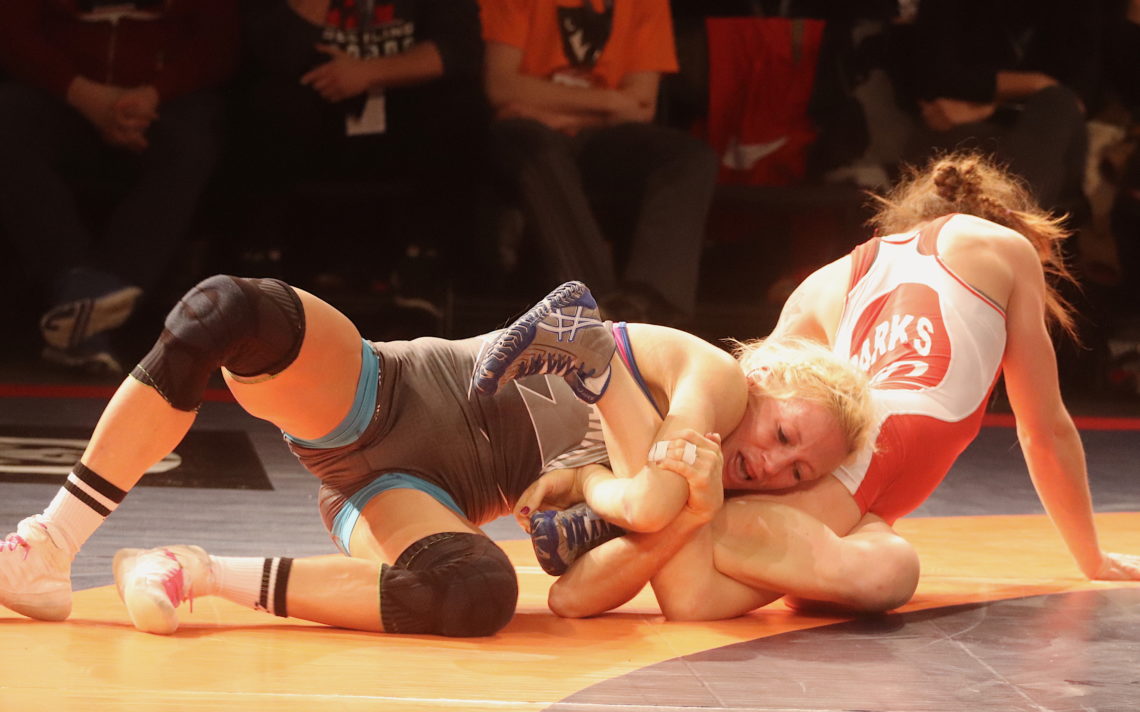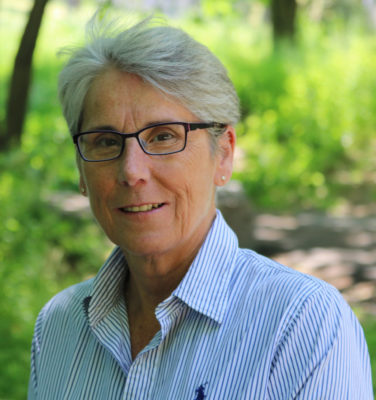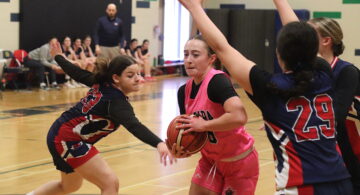
Brock offers webinar to help sports groups beyond pandemic
Planning will be crucial for local sports organizations returning to some form of normalcy after the COVID-19 pandemic.
“It’s going to be a staged return and individual sports will have an easier time. For group sports, it will be how they deal with the proximity that group sports require and there are a lot of smaller things as well,” said Hilary Findlay, a recently retired associate professor of sport management at Brock. “There’s the disinfecting of facilities, the distancing within facilities, there’s travel with some sports and the leagues.

“It is going to be a whole new way of doing things, at least as I understand it, for the next 16 to 18 months until we get a vaccine.”
This Thursday at 2 p.m., Brock’s Centre for Sport Capacity and Findlay will host a free 60-minute webinar for sport and recreation organizations, employees and students.
There are three main areas that will be covered during the seminar.
The first involves contracts for membership and registration fees, league activities, events, sponsorships and employment that can no longer be fulfilled.
“Everybody is in the same boat and trying to negotiate would be the first way that I would tackle it,” Findlay said. “It may be postponing, it may be mitigating or sort of changing things, for example an event, not cancelling but negotiating a different way of doing things.”
If negotiation isn’t successful, there are some legal principles that could be used including: frustration of a contract, one that is impossible to execute because of external circumstances or events; and, relying on the principle of force majeure, where an extraordinary event or circumstance beyond the control of the groups prevents one or both parties from fulfilling their obligations under the contract.
Negotiations are recommended for sponsorship agreements.
“A sponsorship agreement benefits both sides and it’s not that organizations will want to end relationships, but they may have to modify them somewhat and look to other ways of dealing with things,” Findlay said.
Moving forward, sports will obviously have a slightly different look for sponsors. Live attendance at games may be restricted and visibility in front of those fans is what sponsors are paying for.
“It will require a different format of things and there will need to be some negotiation and creative thinking around that,” Findlay said. “I think the sponsors still want to be involved but it will be in a different way.”
Employment issues will have sporting groups looking to take advantage of COVID-19 programs offered by the government.
“Sport is a business and they have administrative personnel, coaches and sometimes medical personnel,” she said. “It’s no different than any other small business. They are suffering and they have revenue-generating options that are lost.”
The second area to be discussed is risk management and the health and welfare of athletes, coaches, spectators, staff and others associated with the sports group.

“There is a great deal of uncertainty coming out of the social isolation phase and phasing that transition back and it needs to be considered by all these different stakeholders,” said Julie Stevens, the director of Brock’s Centre for Sport Capacity. “When you consider many of the clubs are run by volunteers who have regular jobs and do this above and beyond it, their ability to have the time to really think this through is limited.
“The idea of the webinar is to help them recognize what are the key areas of risk management that you can prioritize and dialogue about as the board of a local sports club so they feel they are moving forward in a safe way.”
The third area up for discussion are governance and operational issues. This includes items such as running a virtual annual general meeting, dealing with employment matters, maintaining rental agreements and communicating with members.
“Spring is the season when many sports organizations hold their annual general meetings and have their elections,” Findlay said. “In fact, they are mandated to do so under government legislation.”
Ontario rules allows groups to hold virtual meetings.
“Many organizations aren’t used to that and don’t necessarily have the platforms to do it, but there are opportunities and there are sports organizations that will help.”
She feels the current situation is an excellent opportunity for sporting organizations to use the down time to review some of their policies and bylaws and decide if they are in good shape, are they still working and are there any holes.
“It is not a common opportunity, but it is an opportunity to see if you need to do things differently in the future.”
Dealing with employment matters is also on the horizon for sports groups.
“It may be the temporary layoff of workers under employment standards legislation. Workers can be laid off for 13 weeks and then called back,” Findlay said. “It may mean terminating employees and if they are not called back, there’s severance and those types of things.”
All of the above happen in the normal course of business, but the COVID-19 pandemic has made the abnormal normal.
Maintaining rental agreements can include both facilities and equipment.
“These payments are due and the renters have to continue,” she said. “They may have mortgages, etc. and it may be a matter of negotiating some time frames, some reorganizing or the rental agreements have to be modified moving forward.”
Communicating with members involves a number of things, including virtual coaching over social media.
“Do people have those sorts of platforms and how do they organize them? The principles of safe sport still apply and it’s making sure that if a coach is communicating with someone that is a minor, that someone else is present so the athlete and the coach are safe.”
Another area that is an issue will be choosing teams.
“A lot of sports operate on past performance and many of the selection protocol may have to be changed as well.”
Brock Centre for Sport Capacity is a hub for research and one of its main goals is to provide practical solutions for sports organizations.
“A big piece of this is knowledge mobilization and to share the expertise of our members at the centre with the community in a way that meets their needs and helps them provide the services they need to provide, whether they are a commercial or a not-for-profit stakeholder,” Stevens said. “That’s why we are offering this webinar.”
An RSVP for the webinar isn’t required but attendees are encouraged to pre-register and submit questions here by Wednesday at noon.
After the event, the webinar and Q&A will be posted on the Centre for Sport Capacity website.


























